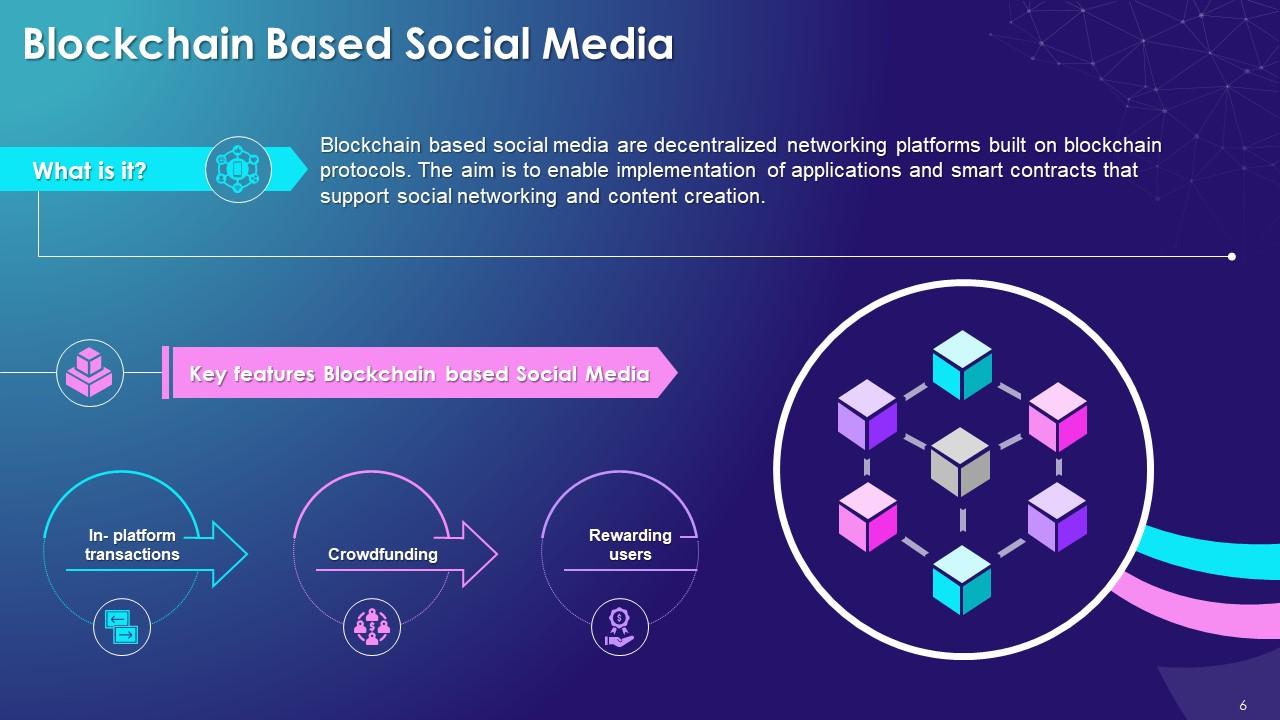Boat Drops: Your Portal to Aquatic Adventures
Explore the world of boating with tips, news, and insights.
Decentralized Platforms: The Unsung Heroes of Digital Security
Discover how decentralized platforms are revolutionizing digital security and protecting your data. Uncover the unsung heroes of online safety!
How Decentralized Platforms Are Revolutionizing Digital Security
In recent years, decentralized platforms have emerged as a game-changer in the realm of digital security. By leveraging blockchain technology and distributed ledger systems, these platforms eliminate the need for a centralized authority, thus reducing vulnerabilities associated with single points of failure. For example, when users store data on a decentralized network, their information is fragmented and spread across multiple nodes, making it significantly more challenging for hackers to breach a single system. This inherent design enhances user privacy and reinforces trust, which are vital components in today's digital landscape.
Furthermore, decentralized platforms empower users by providing them with greater control over their personal data. Unlike traditional systems, where users often have limited visibility and control over their information, decentralized networks allow individuals to manage their identities and access permissions. This shift not only increases transparency but also fosters a more secure online environment. As we move toward a more interconnected world, the adoption of decentralized technologies in fields such as finance, health, and social media could redefine how we approach digital security altogether.

Counter-Strike is a popular team-based first-person shooter game that has captivated players around the world. With its competitive gameplay and strategic elements, it has become a staple in the esports community. Players often look for ways to enhance their gaming experience, and exploring bonuses can be beneficial. Be sure to check out the cryptocasino.com promo code for potential rewards that could elevate your gameplay.
The Role of Blockchain in Enhancing Online Privacy
In today's digital age, where personal data is constantly at risk of being compromised, blockchain technology emerges as a vital tool for enhancing online privacy. By decentralizing data storage, blockchain eliminates the single point of failure associated with traditional databases, making it significantly more difficult for hackers to access sensitive information. Each transaction on a blockchain is encrypted and linked to the previous one, creating an immutable ledger that ensures data integrity. This means that once information is recorded, it cannot be altered without the consensus of the network, providing users with a high level of confidence in their privacy.
Moreover, the use of blockchain allows individuals to take control of their personal data. Instead of relying on third-party service providers, users can manage their own identities through cryptographic keys. This can be particularly beneficial in industries such as healthcare and finance, where privacy is paramount. By implementing smart contracts on blockchain platforms, users can dictate how their data is shared and with whom, all while maintaining anonymity. As more companies begin to recognize the importance of privacy, the integration of blockchain technology into online services will likely become a standard practice.
Are Decentralized Platforms the Future of Safe Digital Interactions?
In recent years, the emergence of decentralized platforms has sparked significant debate about their potential to revolutionize safe digital interactions. Unlike traditional platforms that rely on centralized authorities, decentralized systems distribute control among users, enhancing privacy and reducing the risk of data breaches. These platforms, often built on blockchain technology, allow individuals to transact and communicate without intermediaries, leading to greater transparency and security in interactions. As concerns about data privacy and security continue to grow, the shift towards decentralized platforms could be seen as a natural evolution in protecting user rights in the digital age.
Moreover, the advantages of decentralized platforms extend beyond just safety. They foster trust among users by eliminating the need for a single point of failure, thus decreasing vulnerabilities associated with hacking and data manipulation. Additionally, decentralized platforms promote user empowerment, as individuals maintain control over their personal data and digital identities. As we look towards the future, the increasing adoption of these platforms could pave the way for a new paradigm in online interactions, where safety, privacy, and user autonomy are prioritized. Is the future of digital engagement truly decentralized? The answer seems to lean in that direction.